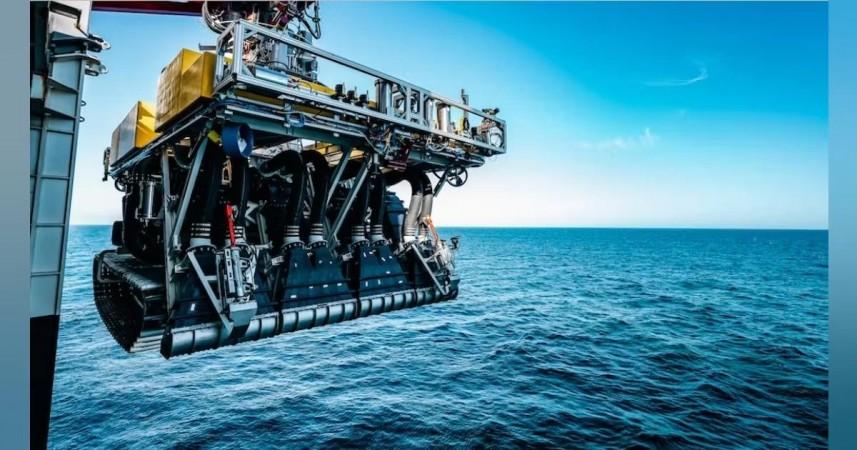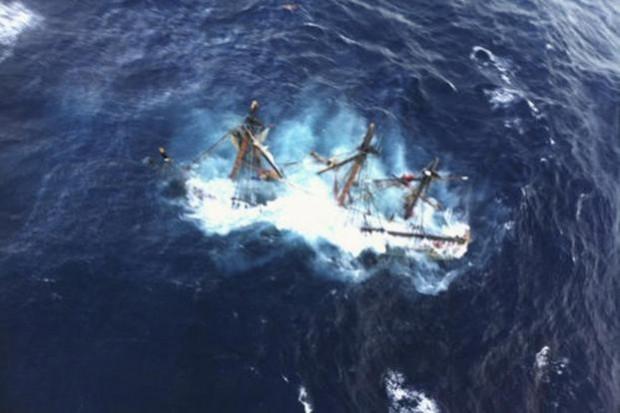
India is set to make a stride in its strategic and economic pursuits with the launch of its first-ever auction of undersea mineral blocks for mining. Initiative, led by the Union Ministry of Mines, marks India's entry into the exploration and development of undersea mineral resources. The auction, scheduled for November 28, is a part of India's broader strategy to secure its economic interests amidst a global shift towards technologies reliant on high-demand minerals.
The offshore area of India, encompassing the territorial waters, continental shelf, exclusive economic zone (EEZ), and other maritime zones, is rich in mineral resources. Spanning over 2 million sq. km. India's EEZ holds significant potential for the country's economic growth. The development of these resources is crucial for reducing dependence on imports and stabilizing supply chains, particularly for minerals like cobalt, nickel, rare earth elements (REE), and polymetallic nodules.
In August 2023, the Parliament amended the Offshore Areas Mineral (Development and Regulation) Act, 2002, mandating auction as a mode of allocation of mineral blocks in the offshore areas. This amendment allows the government to streamline the grant of production leases and composite licenses for the exploration and extraction of these resources. The first tranche of the auction includes 13 carefully selected mineral blocks spanning across the Arabian Sea and the Andaman Sea. The Ministry of Mines aims to mark a transformative chapter in India's mineral exploration journey, unlocking vast economic and strategic opportunities. By fostering private sector participation, leveraging advanced technologies, and streamlining regulatory frameworks, this initiative underscores the government's commitment to sustainable resource utilization and self-reliance.

This move is reminiscent of the global race for undersea mineral resources that has been gaining momentum in recent years. Countries like China and Russia have been investing heavily in undersea mining technologies, recognizing the strategic importance of these resources. The United Nations Convention on the Law of the Sea, which Russia has signed and ratified, has been the primary legal framework guiding these efforts. The energy transition towards sustainable sources has been a significant driver of this race. As the world shifts towards green technologies, the demand for minerals like cobalt, nickel, and rare earth elements, which are essential for renewable energy technologies, is expected to rise. The development of a domestic supply chain for these minerals is crucial for energy security and economic growth.
However, the exploration and extraction of undersea minerals pose significant environmental challenges. Mining often causes pollution of land, water, and air, spread of toxic wastes, water depletion, deforestation, biodiversity loss, and social disruption. Therefore, it is crucial to ensure that the exploration and extraction of undersea minerals are carried out in a sustainable and environmentally friendly manner.

















